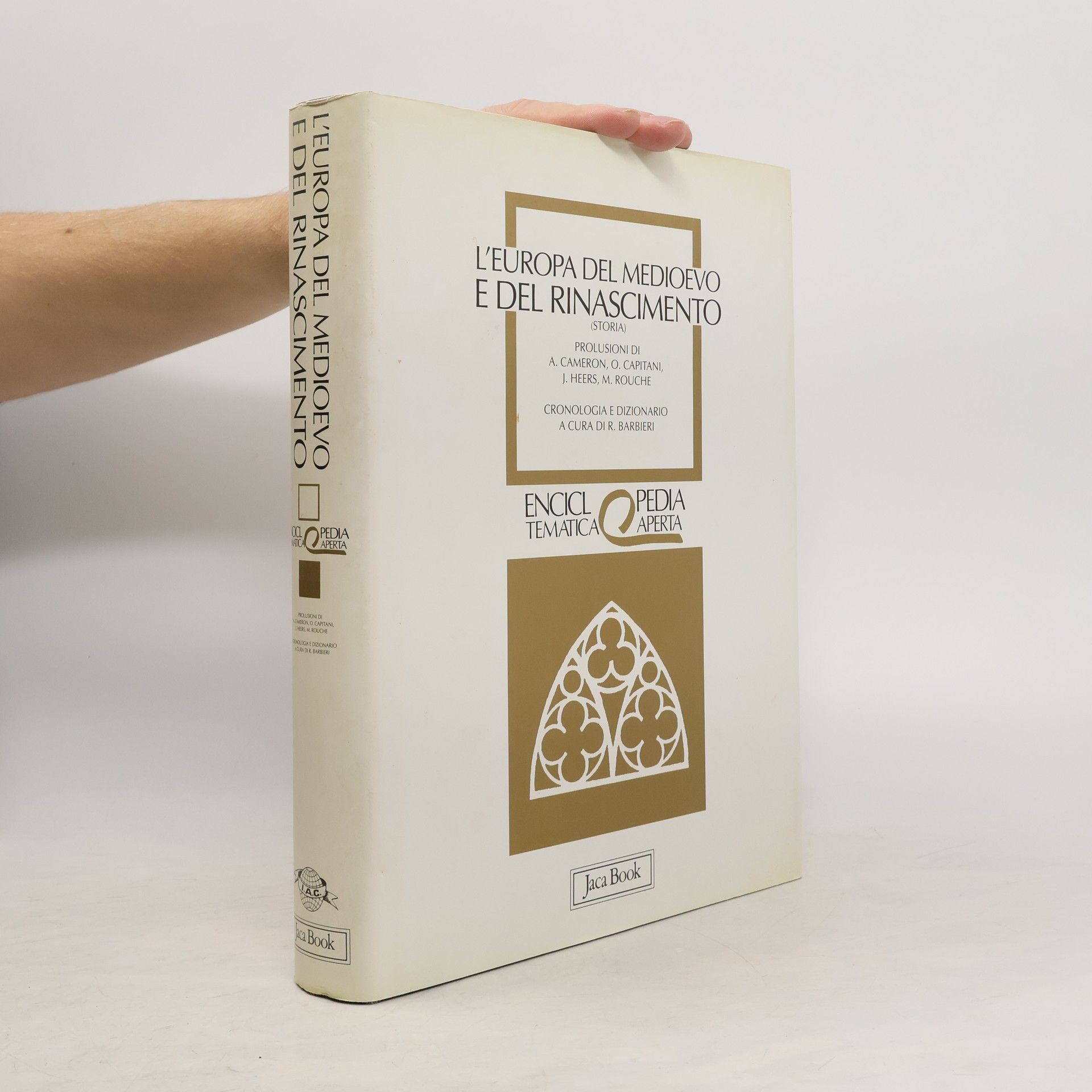The Byzantines
- 275 pages
- 10 hours of reading
This volume brings Byzantium - often misconstrued as a vanished successor to the classical world - to the forefront of European history Focuses on the identity, ethnicity, and culture of the Byzantine people Deconstructs stereotypes surrounding Byzantium Beautifully illustrated with photographs and maps.



